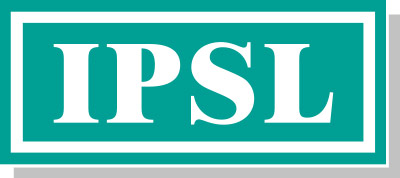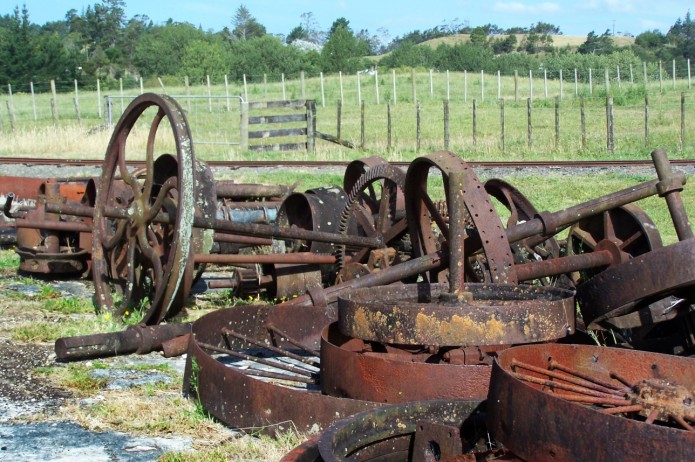Several hundred years ago, farming was a family enterprise and farms were fairly small in size with a few cattle, some sheep, goats and chickens. But times have changed and today’s commercial farms are vast and run very much as a business. Many farms have hundreds of cattle and sheep, not to mention sheds full of poultry, and with so many animals living in close proximity to one another, health, welfare and hygiene is a major consideration.
The Dangers of Intensive Farming
Intensive farming has become the norm over the course of the last one hundred years. The world’s population is increasing daily and there are a lot of hungry mouths to feed. Intensive farming is able to produce large amounts of milk, eggs and meat, but the cost is often high. Many believe that intensive farming poses a huge risk to the health of humans and animals. And if health and hygiene rules are not adhered to, we could be facing a major health crisis in years to come.
Cattle and Milk Production
Milk is sterile whilst inside cows’ udders, but the process of milking cows by machine can easily introduce infection and contamination, which is bad news for the cow and for the end consumer of milk taken from the cow. Milk hygiene needs to be addressed on many levels.
- Milk extracted from cows with mastitis is full of bacteria and should be discarded.
- Cows need to be grazed on good quality pasture and housed in clean sheds.
- Udders should be clean before the milking equipment is attached.
- Milking equipment should be kept scrupulously clean to prevent bacterial contamination.
- The person doing the milking should also have clean hands.
Dairy Hygiene
Milking and other ancillary equipment should be thoroughly cleaned and disinfected after every milking, preferably in a purpose built dairy. The dairy needs to be clean and hygienic at all times or clean equipment will soon become contaminated. Commercial grade Proclad PVC panels are well suited to a dairy environment because they can easily be cleaned and disinfected.
Disease Prevention
Under the right circumstances, milk is the perfect breeding ground for bacteria. If equipment is cleaned, disinfected and dried as soon as possible after milking, the risk of bacterial contamination is very low. Poorly maintained equipment left wet in temperatures of more than 20 degrees Celsius is the perfect breeding ground for bacteria, which will lead to contamination and disease.
Hygiene on Open Farms
Lots of smaller-scale farms are happy to let visitors come and see the animals and get some useful insight into modern farming techniques. Unfortunately, the risk of infection is high and measures need to be put in place to prevent children and vulnerable adults contracting nasty infections such as E-coli and Cryptosporidium. Proper hand washing is essential and all visitors to farms should be told to wash their hands before and touching animals and equipment.
As well as ensuring hygiene in animals and milking equipment, farmers must also take steps to control vermin such as rodents, birds and insects in milk storage areas. Cows also need to be kept in good health.


